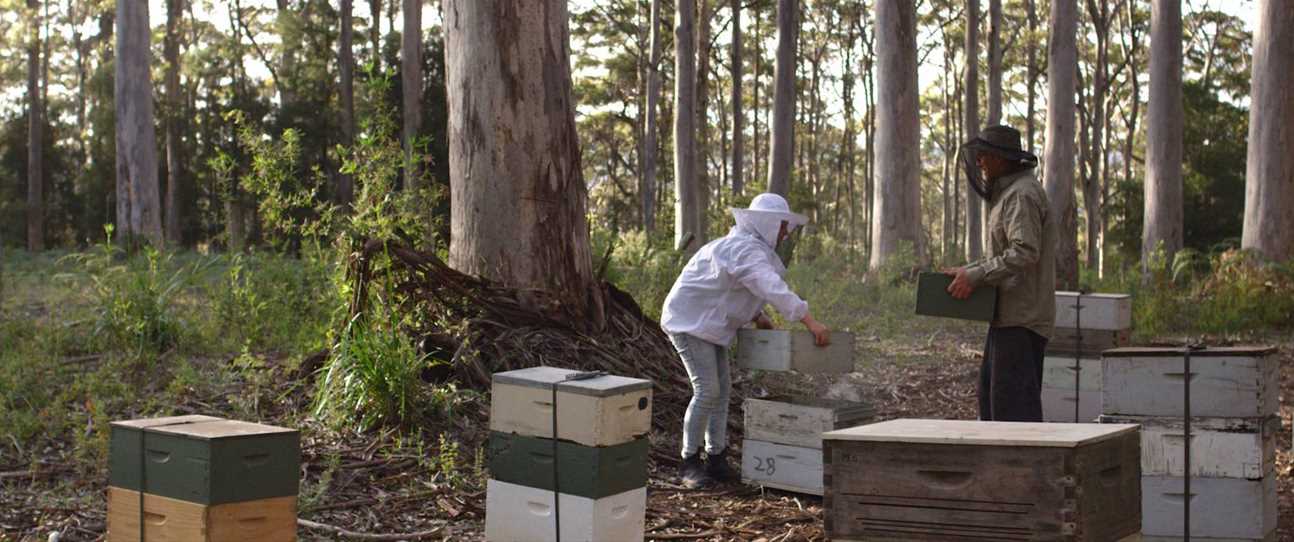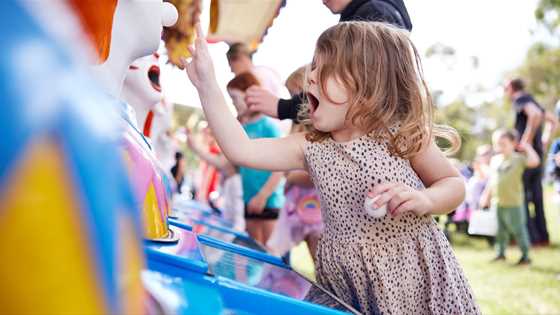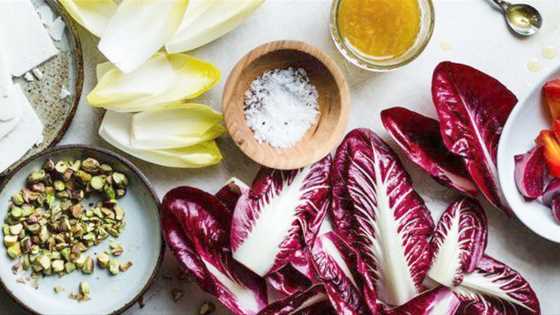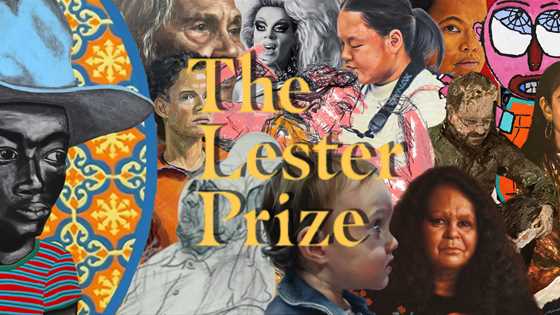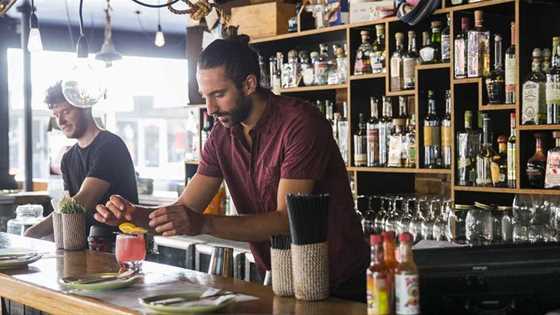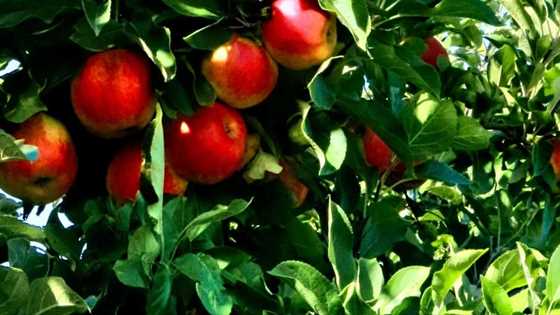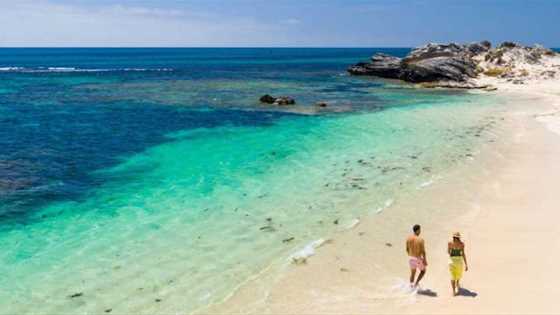“Everywhere else, if a hive starts to show signs of disease, they’ll chuck antibiotics on them and move them along. But we burn them to breed out diseased hives.”It’s not just about being chemical-free. John from Postcode Honey, another local producer, explains that unique range of plants and flowers produces a diverse palate of flavours unique to WA,
“We’re a biodiverse hotspot in the southwest of WA, so you get a lot of different tastes and colours. Karri trees in the southwest aren’t found anywhere else in the world. Jarrah trees and a lot of eucalyptus trees are unique to WA too,”Postcode Honey has taken regional varieties to the next level and sell batches of honey branded according to the suburb in which they were produced, with the name of batch corresponding to the suburb’s postcode. Hives are located in backyards, front yards and even on the rooftop of the Hilton Hotel and Peppers King Square Hotel in the CBD (dubbed 6000 honey). John goes out to install the hives and collect the honey before hand-filling every jar. For an insider tip, John recommends the 6153 (Applecross) batch in December,
“Before Christmas, the hives in Applecross produce honey nearly exclusively from jacaranda trees. It’s very pale and my personal favourite”It’s another reason to buy local! See Postcode Honey's stockists here See Elixir Honey's online store here
See WA honey producers here
[widget-v2-html]data-prop-widget-view=grid data-prop-widget-mode=discover data-prop-region=western-australia data-prop-type=food-markets-and-providores data-prop-categories=167343 [/widget-v2-html]

